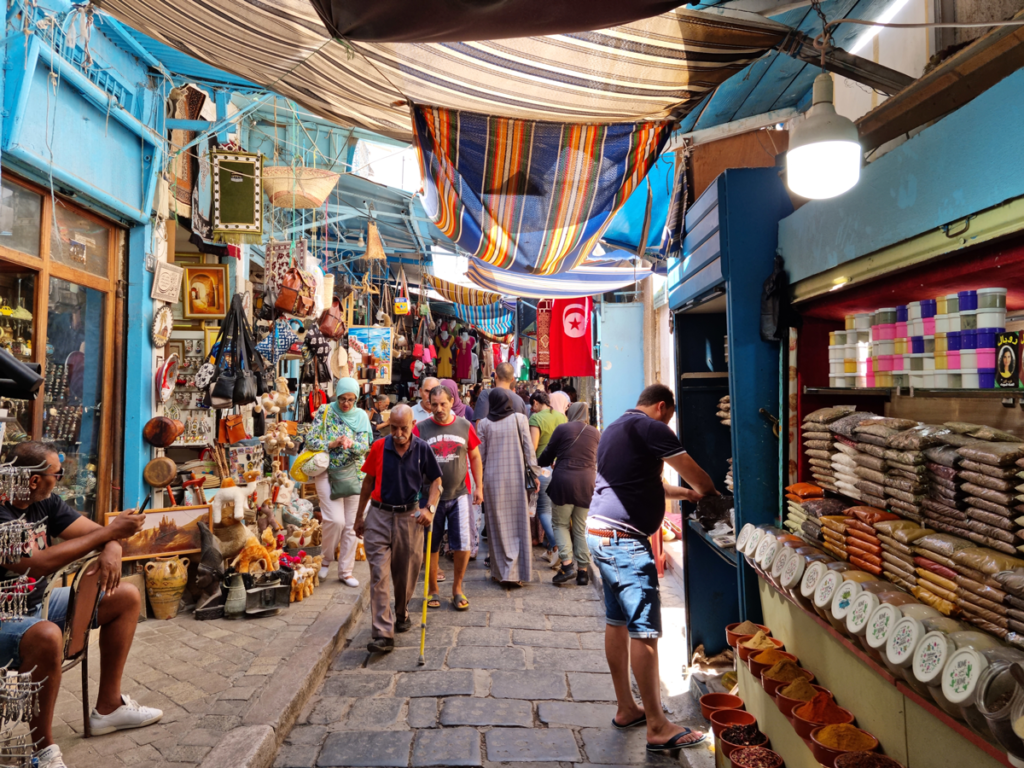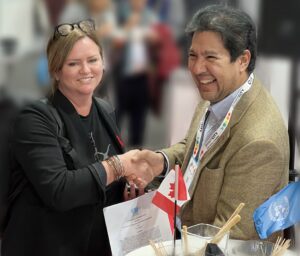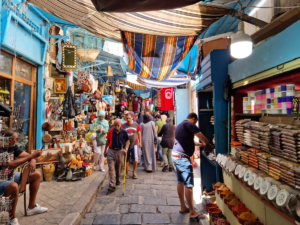The city of Tunis, as the fourth largest city in North Africa, is once again demonstrating its innovative spirit by spearheading a forward-thinking urban development strategy. The Project, A’SIMA, is being led in collaboration with MedCities and the Metropolitan Area of Barcelona, and includes a strong resilience component. The project has already engaged nearly 129 local stakeholders from various sectors, including government bodies, civil society, and development partners, and has set out a vision for a sustainable and resilient vision.
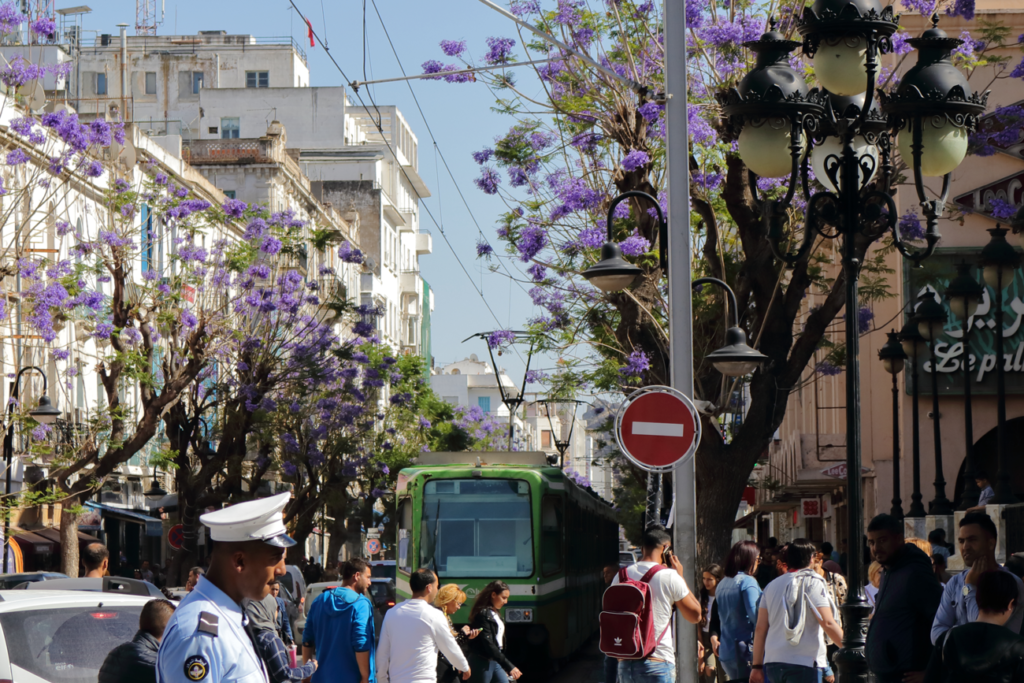
Part of the strategy involves taking stock of effective risk-related initiatives and identifying gaps in the risk management within the city. Building upon this foundation, the city is now seeking to actively integrate further risk-reduction measures into its comprehensive strategic plan. Tunis, like many other cities worldwide, confronts a range of climate change-induced and social challenges. Notably, the process has revealed recurring shocks related to floods, water, food, and energy supply shortages, as well as heatwaves. The strategy therefore outlines steps and actions that can reduce vulnerability to these shocks and stresses.
As of 2023, the Tunis Development Strategy enters the operationalisation phase: transitioning from planning to implementation. The strategy encompasses six key work areas, or “chantiers,” with one specifically dedicated to addressing the city’s resilience challenge. This particular chantier focuses on strengthening governance, managing risks, increasing food resilience and enhancing the capacity of local government institutions and their partners.
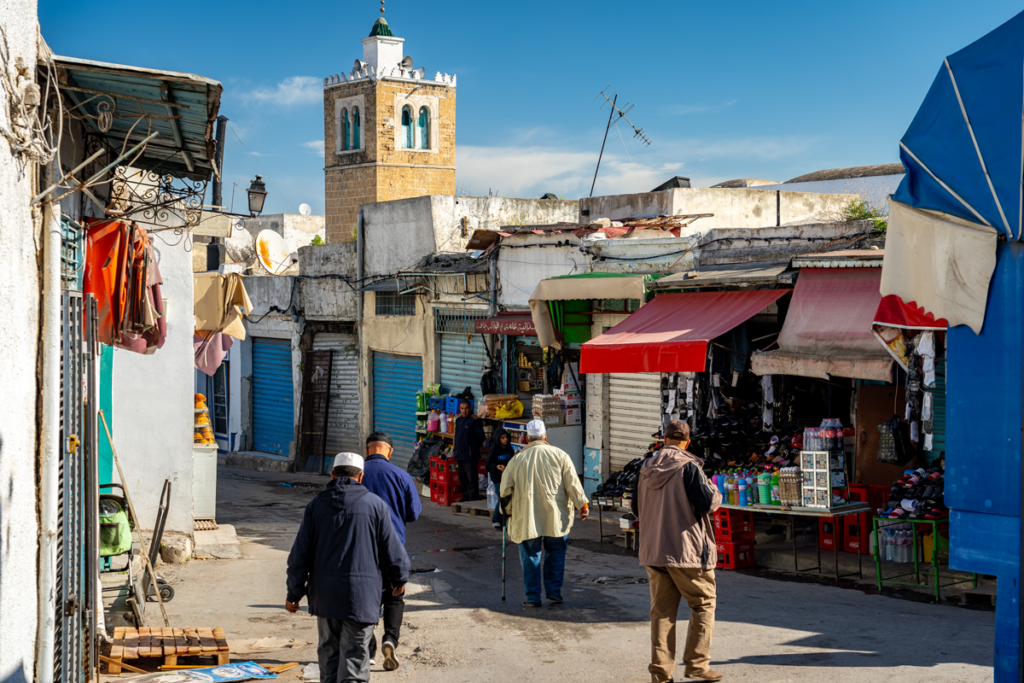
The project is framed within the A’SIMA project, an initiative guided by MedCities and the Area Metropolitan de Barcelona, and supported by the European Union and other partners. The UN-Habitat City Resilience Global Programme and UN-Habitat regional offices are supporting the process by identifying pathways to mainstream resilience and share good practice from peers. A significant output of this collaboration is the Tunis Resilience Profile, which is now featured on the Urban Resilience Hub, solidifying Tunis’ commitment to enhancing urban resilience alongside other dedicated cities worldwide.
Discover more info about the profile here.
Find out more information from the project partners here.

